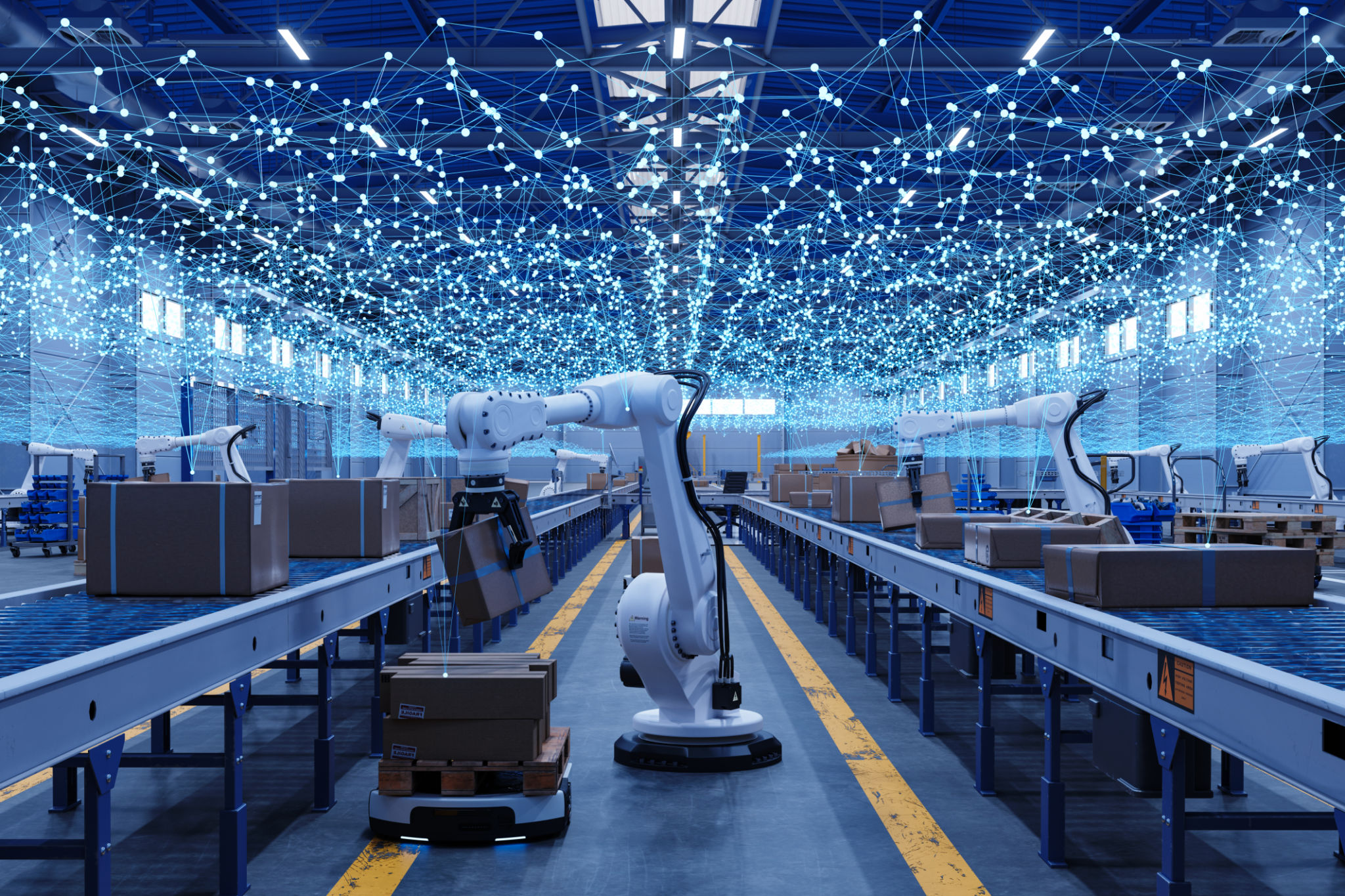The Future of AI/ML Engineering: Trends and Innovations to Watch
The world of AI/ML engineering is evolving at an unprecedented pace, driven by continuous innovation and the demand for smarter, more efficient technologies. As we look toward the future, several trends and innovations are poised to redefine the landscape. Understanding these developments is crucial for businesses and engineers aiming to stay ahead in this dynamic field.
Enhanced Automation and Efficiency
Automation is at the core of AI/ML engineering, with machine learning models increasingly being used to streamline processes across various industries. The future promises even more advanced automation capabilities, with AI systems efficiently handling tasks that once required human intervention. This shift not only boosts productivity but also allows engineers to focus on more complex problem-solving tasks.
An emerging trend is the use of AI to automate the development and deployment of ML models. This includes automated feature engineering, model selection, and hyperparameter tuning, which significantly reduce the time and expertise needed to create effective models.

Ethical AI and Bias Mitigation
As AI systems become more integrated into our daily lives, ethical considerations are gaining prominence. Developers are increasingly focusing on creating transparent and fair AI models. Bias in AI is a critical issue, and the future will see more robust frameworks and tools designed to identify and mitigate bias in machine learning algorithms.
Efforts are being made to enhance the interpretability of AI models, enabling stakeholders to understand how decisions are made. This transparency is vital for building trust and ensuring equitable outcomes across different demographics.
Regulatory Frameworks
Governments and organizations are developing regulations to guide the ethical use of AI. These frameworks aim to ensure that AI technologies are used responsibly and do not infringe on individual rights. Staying informed about these regulations will be essential for AI practitioners.

Integration of AI with IoT
The integration of AI with the Internet of Things (IoT) is set to transform industries by enabling intelligent data processing at the edge. This convergence allows for real-time decision-making, leading to more responsive and adaptive systems. For instance, smart cities and autonomous vehicles benefit greatly from the synergy between AI and IoT.
Furthermore, AI-driven IoT devices can optimize energy consumption, improve security measures, and enhance user experiences. This trend will continue to grow, with more innovative applications emerging across various sectors.

Advancements in Natural Language Processing (NLP)
NLP is witnessing significant advancements, making interactions between humans and machines more seamless. Future innovations in NLP will focus on improving context understanding, sentiment analysis, and language translation capabilities. This will pave the way for more sophisticated virtual assistants and customer service bots that can understand and respond to complex queries.
Moreover, AI models are being trained on larger datasets, which improves their language comprehension and generation abilities. These advancements will have a profound impact on industries such as healthcare, finance, and education.

Quantum Computing and AI
Quantum computing holds the potential to revolutionize AI/ML engineering by solving complex problems much faster than classical computers. Although still in its infancy, quantum computing is expected to accelerate machine learning processes, enabling the development of more powerful AI models.
Researchers are exploring how quantum algorithms can be integrated with AI to improve performance and efficiency. As quantum technology matures, it will open up new possibilities for AI applications that were previously unimaginable.
The future of AI/ML engineering is brimming with possibilities. By staying informed about these trends and innovations, businesses and engineers can harness the full potential of AI technologies, driving growth and transformation in various sectors.
